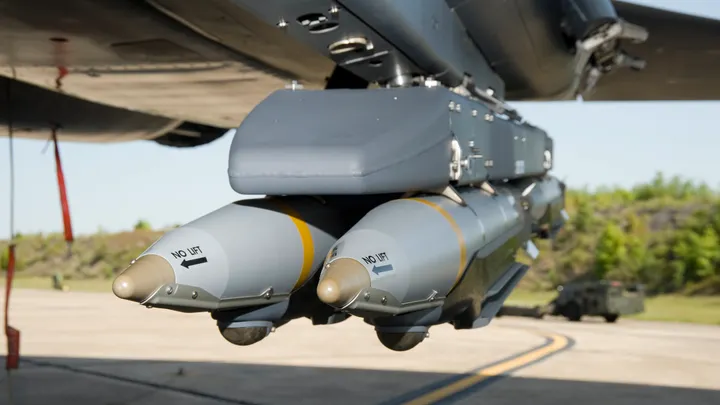The Boeing-Israel Deal: Beneath the Surface
In a world that’s become increasingly tangled in geopolitical webs, the latest twist involves a Boeing-Israel defense deal that’s drawn renewed scrutiny. This tale, like many others of its kind, is far from straightforward. Let’s dig deeper into the labyrinth of international arms sales, politics, and controversy.
Reports recently surfaced concerning comments made by a defense official on Monday regarding expedited transactions between Boeing and Israel. This deal, dating back to May 2021, was executed as a Direct Commercial Sale. The State Department pegged its value at a whopping $735 million, and as per Bloomberg, it included equipment capable of transforming unguided bombs into GPS-guided Joint Direct Attack Munitions.
Boeing, however, remains tight-lipped on the matter, declining to comment on the reports. The secrecy shrouding such deals only adds to the mystique of international arms trade. It’s a shadowy world where massive sums are exchanged for lethal hardware, often behind closed doors.
What’s particularly intriguing here is the context in which this deal unfolded. According to Bloomberg, the 2021 agreement raised eyebrows when the Biden administration informed Congress of its existence. At that time, Senators like Bernie Sanders and several House members expressed their vehement opposition to the proposed sale. Their protest was a reaction to Israeli attacks in Gaza that were taking place concurrently, effectively turning this arms deal into a political and moral battleground.
This deal’s complicated history, intertwined with regional conflicts and global politics, showcases the multifaceted nature of international arms sales. On one hand, there’s the strategic alliance between the U.S. and Israel, which goes beyond mere dollars and cents. It’s a relationship forged by shared interests and security concerns. However, the turbulent backdrop of the Israel-Hamas conflict has complicated matters. The moral and ethical dimensions of selling arms in a conflict zone inevitably come into sharp focus.
Meanwhile, as this political tug-of-war unfolded, Israeli warplanes carried out airstrikes in Gaza City. Israeli Prime Minister Benjamin Netanyahu vowed retaliation against Hamas, promising an action that would “reverberate for generations.” This conflict, with its deep-rooted historical and geopolitical complexities, continues to defy easy resolution.
In essence, the Boeing-Israel deal is emblematic of the enduring challenges faced in the realm of international arms trade. It reminds us that these transactions aren’t mere business deals; they’re embedded in intricate political, moral, and ethical landscapes. The convoluted path of this particular deal underscores the precarious balancing act of diplomacy and defense, where lives, ideologies, and vast sums of money hang in the balance.
While the headlines may scream of monetary values and military hardware, the real story lies beneath the surface. It’s a story of human lives, political convictions, and the relentless pursuit of global stability in a world that often seems destined for discord.






